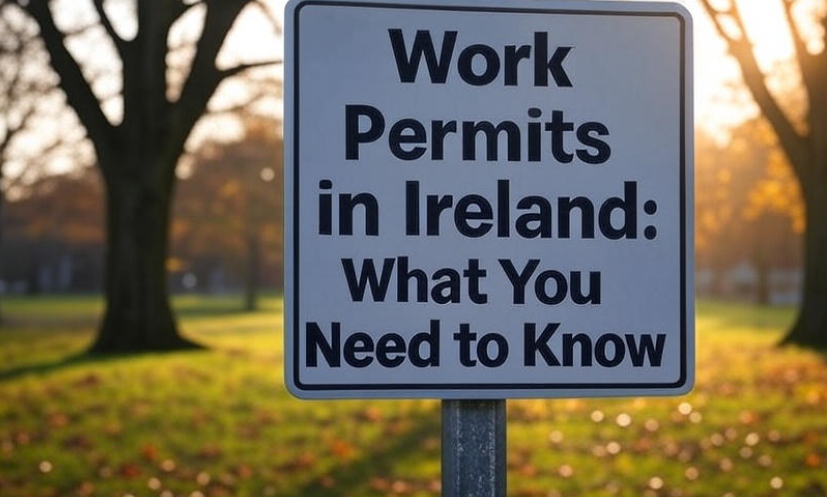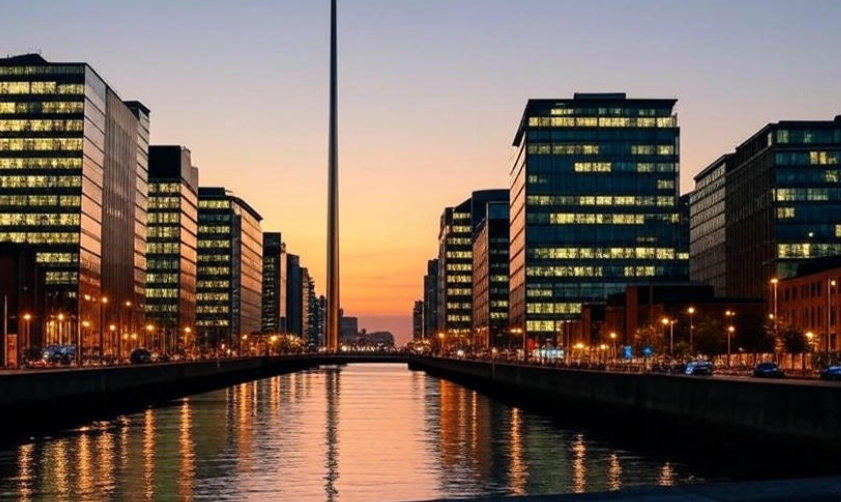Why work-life balance matters in Ireland
When people think of Ireland, they often imagine beautiful green landscapes, friendly locals, and a culture full of life. But there’s another side of Ireland that makes it stand out—its approach to work-life balance. For most people moving to or working in Ireland, balancing career with personal life is not just a wish, it’s something the country actively promotes. The Irish government, companies, and even the local culture encourage a healthy balance between working hard and living well.
Working hours in Ireland
One of the most important things to know is how much people actually work. The standard working week in Ireland is usually 39–40 hours. Unlike some countries where overtime is almost expected, Irish workers are more conscious about finishing on time. Employers too are careful about not overloading staff because work-life balance is considered part of workplace well-being.
Here’s a quick look at typical working hours in Ireland:
| Work Type | Average Hours per Week | Notes |
|---|---|---|
| Full-time jobs | 39–40 | Standard contracts |
| Part-time jobs | 15–30 | Flexible arrangements |
| Remote work | 35–38 | Growing after COVID-19 |
| Overtime | Regulated | Extra pay or time-off |
You can see that the system is built to avoid unnecessary overwork.
Paid leave and holidays
Another reason Ireland feels balanced is its generous time-off policies. Every full-time worker is legally entitled to at least four weeks of paid annual leave. On top of that, there are nine official public holidays each year. Many companies also offer additional days, especially in sectors like IT, banking, or international firms. So, if you’re working in Ireland, you don’t just live to work—you actually get time to recharge.
Remote and hybrid work flexibility
Since the pandemic, remote and hybrid work has become part of the Irish work culture. Many companies now allow employees to work from home a few days a week. This makes it easier for parents, students, or even those who want to save time commuting. With more flexibility, employees have the freedom to spend extra hours with family, exercise, or simply rest.
Family and personal life values
Irish culture places strong value on family time and community. Unlike countries where staying late in the office is seen as a badge of honor, in Ireland, leaving on time is respected. People make sure evenings are free for family dinners, sports, or social activities. Weekends are often spent with family outings, trips, or just enjoying a relaxed pace.
Childcare and family-friendly policies
For families, Ireland has been improving childcare facilities and supports. Parents can take maternity leave (26 weeks paid plus 16 weeks unpaid), paternity leave (2 weeks), and parental leave options. There are also recent efforts to make childcare more affordable. These policies show that Ireland wants parents to feel supported in raising children while maintaining careers.
Workplace culture and mental health
Irish workplaces have become more focused on mental health awareness. Many companies now run wellness programs, gym memberships, or even mindfulness sessions. Stress is taken seriously. If an employee is feeling burned out, it’s not unusual for managers to encourage time-off or flexible working arrangements.
Cost of living and its effect on balance
Of course, balance isn’t only about hours—it’s also about money. The cost of living in Ireland, especially in Dublin, is high. Housing, transport, and groceries take up a big part of salaries. While the wages are good, some employees do feel pressure to work extra or take side jobs. However, outside Dublin and big cities, life is more affordable, and that naturally improves work-life balance.
Commuting and lifestyle choices
In cities like Dublin, commuting can take 1–2 hours daily, which eats into personal time. That’s why many workers prefer hybrid jobs. In smaller towns, people enjoy shorter commutes and more relaxed living. Cycling and walking are also popular in Ireland, adding health benefits to daily routines.
Comparison with other countries
If you compare Ireland with the US, UK, or Asian countries, you notice big differences.
| Country | Average Working Hours | Paid Leave | Work-Life Balance Score* |
|---|---|---|---|
| Ireland | 39–40 | 20+ days | High |
| USA | 44+ | No mandatory paid leave | Low |
| UK | 40 | 20+ days | Medium |
| Japan | 45+ | 10 days | Low |
(*Based on OECD work-life balance indicators)
Ireland clearly falls on the better side of the chart.
Social life and leisure
Work-life balance in Ireland is not only about work policies—it’s also about enjoying life. The Irish enjoy pub culture, music, festivals, and sports. Socializing after work is common, but it’s usually casual and not forced. People spend more time outdoors too, thanks to Ireland’s natural beauty. Hiking, visiting coastal towns, or simply enjoying a walk in the countryside is part of life.
Challenges people face
Still, balance in Ireland is not perfect. Housing costs in Dublin, long commutes, and rising expenses can create stress. For newcomers, adjusting to this system might take time. Some industries like finance or law can be demanding with longer hours. But overall, Ireland still manages to keep its reputation as one of the best places for balance in Europe.

Future of work-life balance in Ireland
The Irish government is even planning to pass stronger “Right to Disconnect” laws, which will give employees the right not to answer work emails or calls outside office hours. With technology growing, this is a smart move to protect personal time. Remote work is expected to grow, making life even more flexible in the future.
Simple tips to enjoy balance in Ireland
If you’re working or planning to move to Ireland, here are a few ways to make the most of your time:
-
Don’t stay late at the office unless truly required.
-
Use your annual leave fully—travel around Ireland or Europe.
-
Try outdoor activities like hiking or cycling.
-
Make use of flexible or remote work policies.
-
Keep weekends free for personal hobbies or family.
FAQs about work-life balance in Ireland
Q1: Do Irish people really leave work on time?
Yes, in most industries, people leave when their hours are done. Staying late is not considered a good thing unless necessary.
Q2: Is remote work common in Ireland?
Yes, after COVID-19, many companies allow hybrid work models. Some even offer fully remote jobs.
Q3: How many holidays do Irish workers get?
Every full-time worker gets a minimum of 20 days of paid leave, plus public holidays. Many employers add extra days as a benefit.
Q4: Is Ireland expensive to live in?
Dublin is costly, but smaller towns and rural areas are much more affordable, which makes balance easier.
Q5: What makes Ireland different from other countries in terms of balance?
The culture values family, leisure, and community. The law also protects workers with leave entitlements and working hour limits.
Final thoughts
Work-life balance in Ireland is not just a buzzword—it’s a real part of daily life. With shorter working hours, generous leave, family-friendly policies, and a culture that encourages living well, Ireland stands out as one of the best countries for people who want both career success and personal happiness. While challenges like high living costs remain, the overall environment is positive.
So, whether you’re planning to move for work, already living there, or just curious, Ireland shows that a successful career and a happy life can go hand in hand. 🌍🍀




